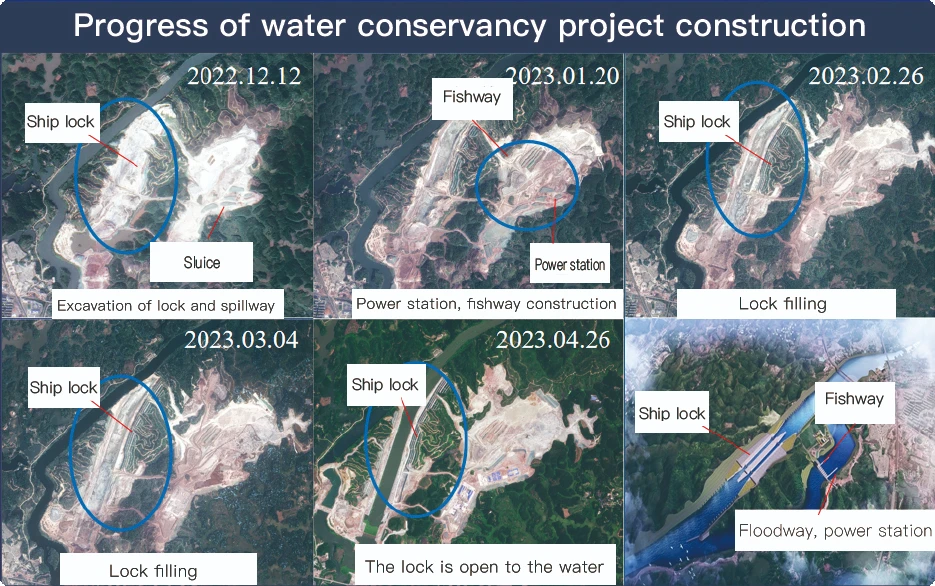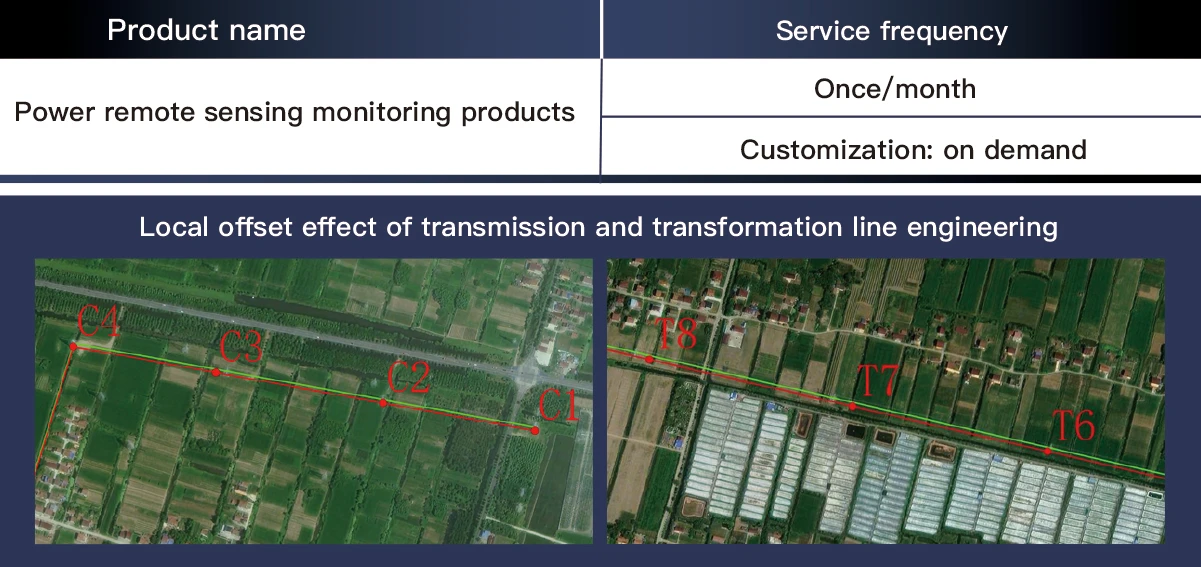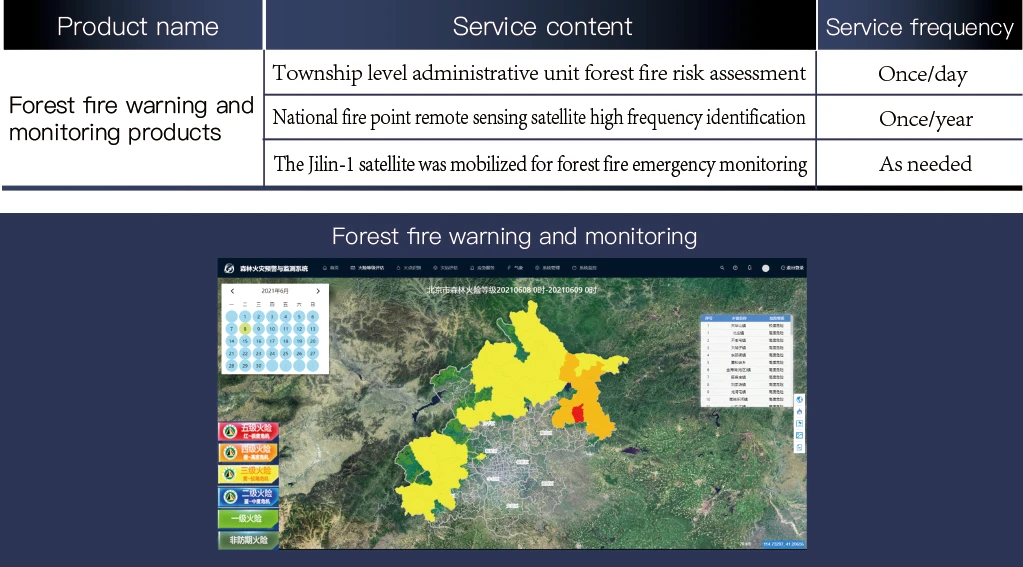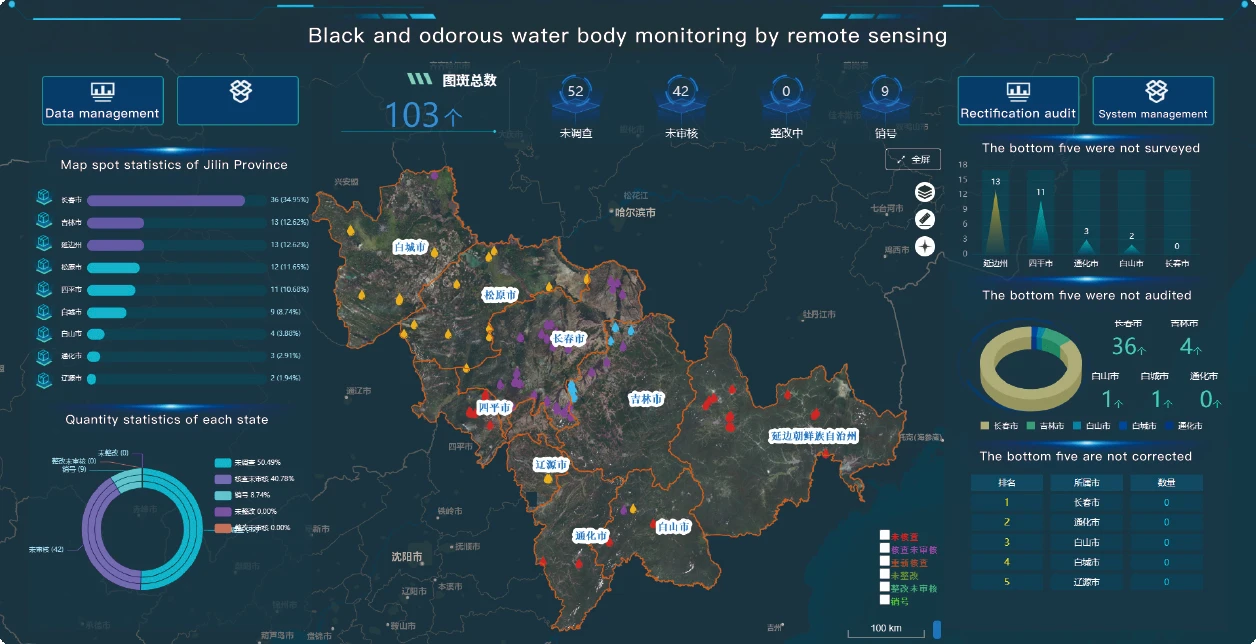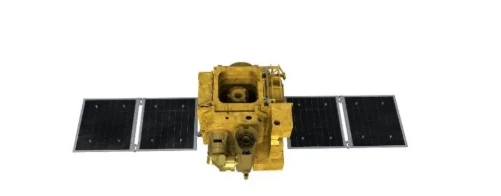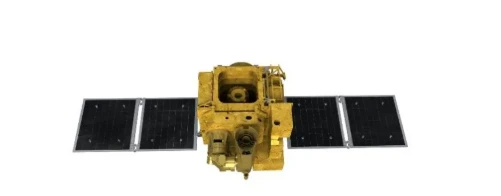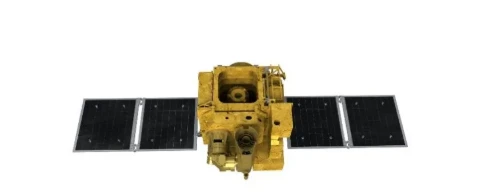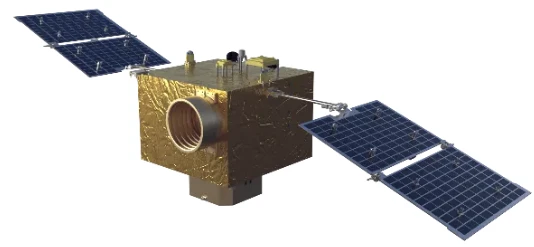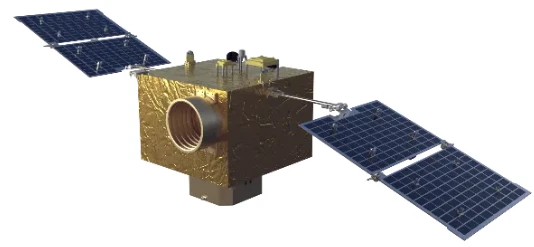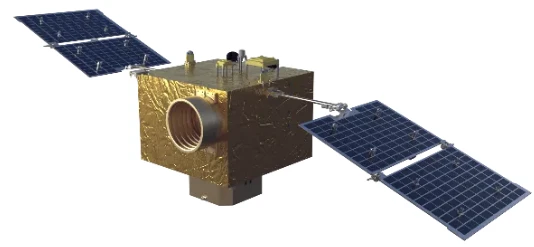
- අප්රිකානු
- ඇල්බේනියානු
- ඇම්හැරික්
- අරාබි
- ආර්මේනියානු
- අසර්බයිජානියානු
- බාස්ක්
- බෙලාරුසියානු
- බෙංගාලි
- බොස්නියානු
- බල්ගේරියානු
- කැටලන්
- සෙබුවානෝ
- චීනය
- කෝර්සිකානු
- ක්රොඒෂියානු
- චෙක්
- ඩෙන්මාර්ක
- ලන්දේසි
- ඉංග්රීසි
- එස්පෙරාන්තෝ
- එස්තෝනියානු
- ෆින්ලන්ත
- ප්රංශ
- ෆ්රීසියානු
- ගැලීසියානු
- ජෝර්ජියානු
- ජර්මානු
- ග්රීක
- ගුජරාටි
- හයිටි ක්රියෝල්
- හවුසා
- හවායි
- හෙබ්රෙව්
- නැත
- මියාඕ
- හංගේරියානු
- අයිස්ලන්ත
- ඉග්බෝ
- ඉන්දුනීසියානු
- අයර්ලන්ත
- ඉතාලි
- ජපන්
- ජාවානි
- කන්නඩ
- කසකස්
- කෙමර්
- රුවන්ඩාව
- කොරියානු
- කුර්දි
- කිර්ගිස්
- කම්කරු
- ලතින්
- ලැට්වියානු
- ලිතුවේනියානු
- ලක්සම්බර්ග්
- මැසිඩෝනියානු
- මැලගසි
- මැලේ
- මලයාලම්
- මෝල්ටිස්
- මාඕරි
- මරාති
- මොන්ගෝලියානු
- මියන්මාරය
- නේපාල
- නෝර්වීජියානු
- නෝර්වීජියානු
- ඔක්සිටන්
- පැෂ්ටෝ
- පර්සියානු
- පෝලන්ත
- පෘතුගීසි
- පන්ජාබි
- රුමේනියානු
- රුසියානු
- සැමෝවා
- ස්කොට්ලන්ත ගේලික්
- සර්බියානු
- ඉංග්රීසි
- ෂෝනා
- සින්දි
- සිංහල
- ස්ලෝවැක්
- ස්ලෝවේනියානු
- සෝමාලි
- ස්පාඤ්ඤ
- සුඩාන
- ස්වහීලී
- ස්වීඩන්
- ටගාලොග්
- ටජික්
- දෙමළ
- ටාටාර්
- තෙළිඟු
- තායි
- තුර්කි
- ටර්ක්මන්
- යුක්රේන
- උර්දු
- උයිගර්
- උස්බෙක්
- වියට්නාම
- වේල්ස්
- උදව්
- ඉඩිෂ්
- යොරුබා
- සූලු
Innovations In Satellite Platforms For Enhanced Remote Sensing Applications
In the rapidly evolving field of space technology, satellite platforms play a crucial role in advancing remote sensing capabilities. These platforms serve as the structural and functional bases that host various sensors and instruments, enabling the collection of high-quality data from orbit. Among the most versatile and increasingly popular are cubesat platforms, which provide cost-effective and flexible solutions for scientific, commercial, and environmental applications.
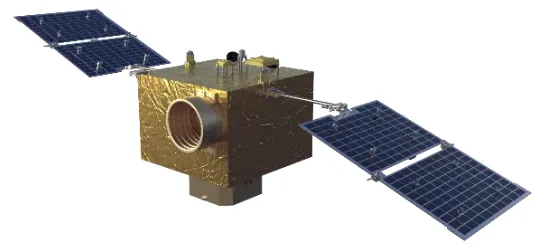
Understanding Satellite Platforms And Their Importance In Remote Sensing
A චන්ද්රිකා වේදිකාව refers to the integrated structure that supports payloads such as cameras, sensors, and communication devices in space. These platforms ensure proper power supply, thermal regulation, orientation control, and data transmission. When it comes to satellite platforms in remote sensing, their design and capabilities directly impact the quality and frequency of the data collected.
Modern platforms range from large geostationary satellites to compact cubesat platforms, which have revolutionized the approach to Earth observation by making space access more affordable and scalable.
Cubesat Platforms: Small Size, Big Impact
Cubesat platforms are standardized miniaturized satellites typically composed of units measuring 10x10x10 cm. Despite their small size, they are equipped with advanced sensors capable of capturing detailed environmental data. Their modular design allows for rapid development and deployment, making them ideal for testing new technologies or conducting specific remote sensing missions.
The affordability and accessibility of cubesat platforms have democratized space research and enabled diverse entities—from universities to startups—to participate in satellite operations. In remote sensing, they provide frequent revisit times and high-resolution imaging, complementing larger platform satellites in comprehensive Earth monitoring.
Satellite Platforms In Remote Sensing: Enhancing Data Collection And Analysis
The effectiveness of satellite platforms in remote sensing depends on their ability to host various instruments tailored to specific applications such as weather monitoring, agriculture, disaster management, and environmental assessment. Platforms are designed to optimize payload capacity, power consumption, and communication links to ground stations.
Emerging innovations focus on creating adaptable satellite platform in remote sensing that support multi-sensor payloads and real-time data transmission via satellite internet and other communication technologies. These advancements are crucial for timely and accurate decision-making in critical sectors.
In summary, the development of advanced satellite platforms, especially the versatile cubesat platforms, is transforming remote sensing by enhancing data quality, reducing costs, and increasing accessibility. As satellite platforms in remote sensing continue to evolve, they will play an increasingly vital role in monitoring our planet and supporting global sustainability initiatives.

